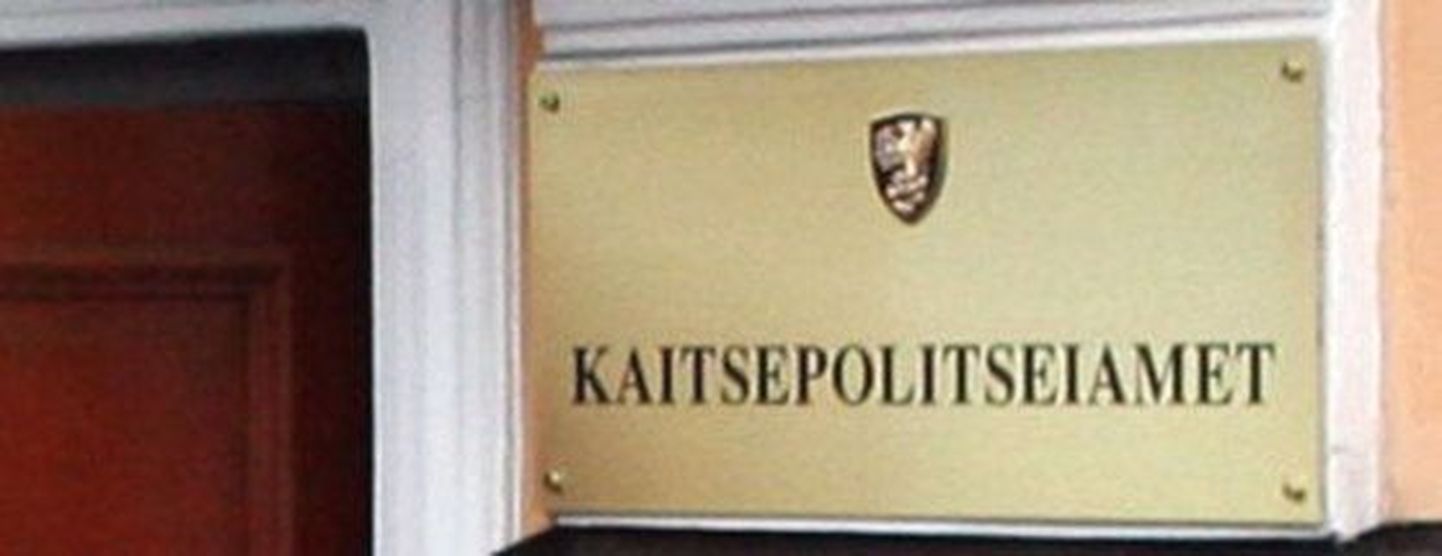«Here, verily, the rule applies that is makes sense to act first and interpret later,» said Mr Kross. «While tactically is has made sense to keep this an isolated incident between Estonia and Russia, the implications for NATO are there anyway – as in future NATO-Russia relations it would be difficult to overlook an imprisoned official.»
This will also mean that the moves for applying diplomatic pressure via allies are within Estonia’s reach, while not utilised as yet. «I would definitely not exclude that, at a certain point of time, these [levers] could be needed,» said Mr Mihkelson.
The decision is partly due to the foreign-political situation: it’s merely a time-out with the Ukrainian crisis, the European Union is planning fresh sanctions against Russia, and the NATO summit vowed new units into Eastern Europe.
«All signs are pointing towards escalating tensions in West-Russia relations, and in a situation like this Russia is especially keen to highlight spy stories of this sort. Possibly the whole thing will be turned into some major propaganda campaign,» suggested Mr Mihkelson.
The positive piece of news of Mr Kohver at long last granted a meeting with the Estonian consul in FSB prison may get no happy sequel today. Namely, a meeting is planned between Estonian and Russian border representatives – a key issue in the entire conflict. After Mr Kohver got kidnapped Friday morning, at 1.40 pm border representatives of both sides signed minutes clearly indicating that the incident happened 30 metres from the Estonia-Russia border – on the Estonian territory.



